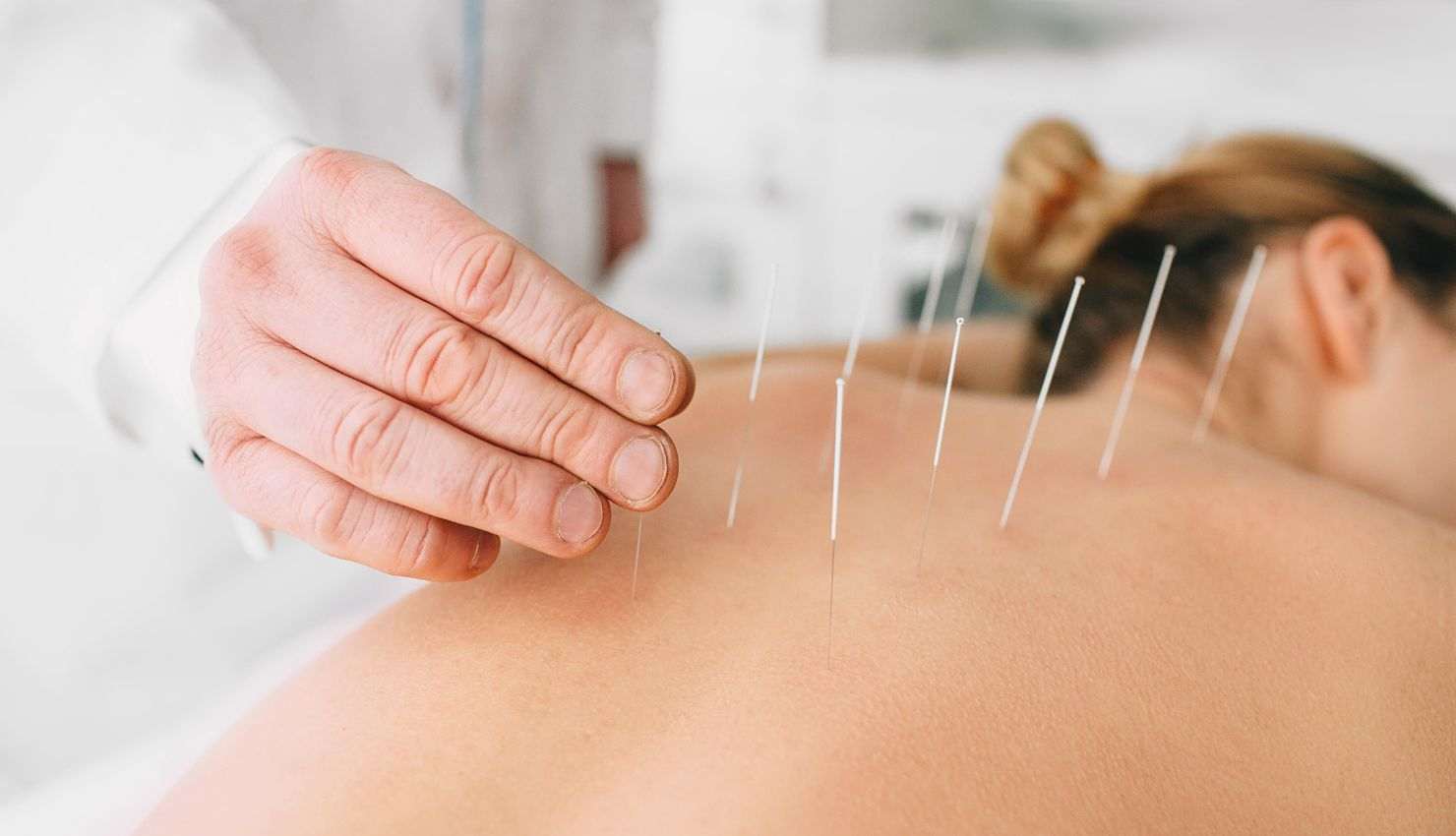Acupuncture can help ease nausea, pain, and fatigue for those undergoing cancer treatments. It’s a complementary option for supportive care.
It’s not a cure. But it can help you feel like yourself again.
Cancer is hard.
The treatment is harder.
And often, it’s not just about fighting the disease — it’s about managing the side effects that come with it.
Nausea. Fatigue. Pain. Brain fog. Anxiety. Sleep issues.
All while trying to hold onto some sense of normalcy.
That’s where acupuncture can help.
Not as an alternative to medical treatment — but as a supportive therapy that helps you cope, recover, and stay grounded during the process.
So, What Is Acupuncture’s Role in Cancer Care?
Let’s be clear: Acupuncture is not a cancer treatment.
It doesn’t shrink tumors. It doesn’t replace chemo, radiation, or surgery.
But it is a powerful tool for managing symptoms and side effects — and it’s increasingly recognized in integrative oncology as a safe, supportive option for people going through (or recovering from) cancer treatment.
Here’s What Acupuncture Can Help With:
✅ Nausea + Vomiting
Especially from chemotherapy.
Acupuncture — particularly stimulation of the P6 point (inner forearm) — has been shown to reduce nausea intensity and frequency, even in cases where anti-nausea meds fall short.
✅ Fatigue
Cancer-related fatigue is different than just “being tired.”
It’s deep, constant, and often unrelieved by sleep. Acupuncture may help regulate the nervous system, improve sleep, and support better energy balance during or after treatment.
✅ Pain
Whether it’s post-surgical pain, neuropathy (nerve pain), or joint/muscle discomfort from medications like aromatase inhibitors, acupuncture can help modulate pain perception, improve circulation, and provide drug-free relief.
✅ Anxiety + Emotional Stress
Cancer is mentally brutal. Acupuncture helps regulate the autonomic nervous system, reduce stress hormones like cortisol, and promote a sense of calm and groundedness — something most people need more of during treatment.
✅ Sleep Issues
From steroid-induced insomnia to stress-related restlessness, acupuncture supports melatonin production and calms the mind for deeper, more restorative sleep.
✅ Hot Flashes + Hormonal Side Effects
For those in treatment-induced menopause or hormone therapies (like tamoxifen), acupuncture has been shown to reduce the intensity and frequency of hot flashes.
What Does the Research Say?
There’s growing clinical support for acupuncture in cancer care. Organizations like:
- The Canadian Cancer Society
- The National Cancer Institute (U.S.)
- Integrative oncology programs across major hospitals
…have acknowledged the role of acupuncture in helping patients manage symptoms, improve quality of life, and cope with side effects.
It’s not fringe — it’s supportive care that’s gaining traction because people feel the difference.
Is It Safe During Cancer Treatment?
Yes — when done by a trained, licensed practitioner who understands:
- How to work around central lines, low immunity, or surgical sites
- Which points to avoid during certain phases of treatment
- When to modify intensity for clients who are weak, immunocompromised, or in active treatment cycles
👉 At YFS, we customize every acupuncture session based on where you are in your care journey. We focus on comfort, safety, and symptom relief — not cookie-cutter treatment.
Final Word: You Deserve Relief, Not Just Resilience
You don’t need to “power through” every symptom.
You don’t need to feel miserable every day just because you’re in treatment.
Acupuncture won’t change your diagnosis — but it can change your experience.
Less nausea. Better sleep. Calmer days. More comfort in your own body.
And sometimes, that’s everything.
Going through treatment? Recovering from it?
Let’s make you feel like you again.
Book an acupuncture session at YFS, and let’s support your healing — on every level that matters.





